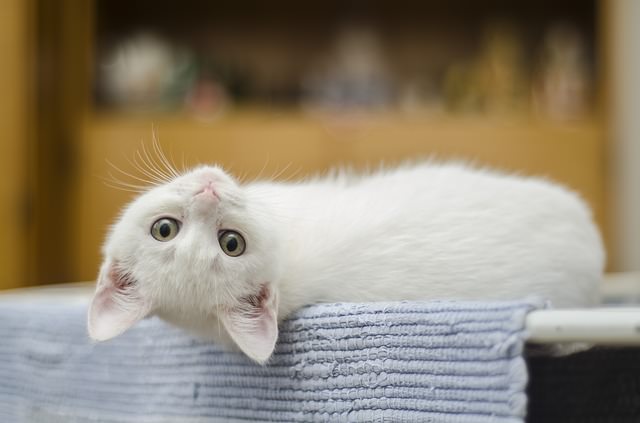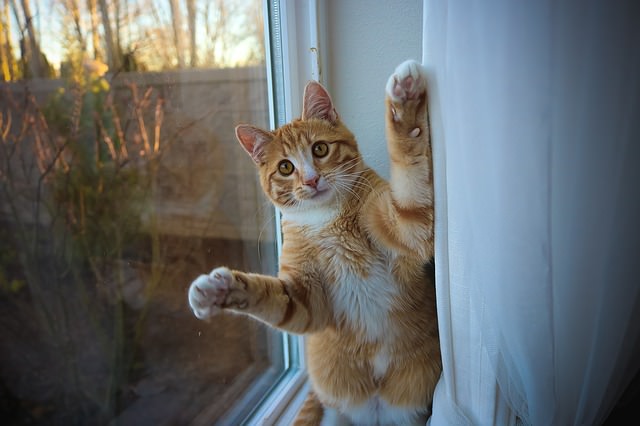A healthy mind promotes a healthy body, so feeding your cat’s brain is essential in reaching optimal health and wellness. The most important part of nutrition is feeding a high-quality meal with whole foods and real ingredients, but sometimes supplements can be added to ensure your cat is getting enough from their food. A proper diet should start from kittenhood to allow cats to grow strong with healthy cognitive function and even reduce the risk of degenerative brain diseases as they age into seniors. Regardless of your cat’s age, however, it’s never too late to start offering proper nutrition.
#1 – DHA & EPA
DHA and EPA are omega-3 fatty acids that have a way of benefiting the entire body. From combatting cancer to preventing inflammation and obesity, it’s no surprise that these two supplements improve brain health.
A study performed in 2012 of 48 Beagle puppies showed that a diet supplemented with fish oil containing DHA improved cognitive learning, memory, psychomotor, immunologic and retinal functions during the developmental stage. Although this study was done on dogs, the results can be considered similar to felines until further studies are done.
The brain is made up of mostly fat, so essential fatty acids like DHA and EPA can benefit brain health. DHA and EPA are commonly found in fish, which is often readily available in diets made for cats.

#2 – B Vitamins
B vitamins are essential for proper brain function. Studies in humans have shown that vitamins B6 and B12 have positive effects on memory performance in women and comparable assumptions might also be applied to cats.
Vitamin B6 is used by the body to form neurotransmitters and in brain development and B12 helps make red blood cells and DNA – all related to brain function. B vitamins are found in meats, an ingredient that should be readily available in your cat’s diet.
#3 – Luteolin
Luteolin is a compound found in plants (think fruits and vegetables) that has been proven to reduce inflammation of the brain in aged mice, restoring their memories to that comparable in younger animals. Although studies haven’t been done on cats, it certainly might be helpful to feed whole foods that contain this supplement such as celery, carrots and rosemary.

#4 – Vitamins C & E
Vitamins C and E are antioxidants that protect the body and brain from free radical damage. In humans, antioxidants have been found to delay cognitive decline in their elderly years.
Researchers at University of California, Irvine conducted a study in 2002 in which they fed their dogs vitamins C and E along with a mixture of fruits and vegetables to combat free radical damage. This resulted in a significant improvement in the ability of older dogs to acquire progressively more difficult learning tasks – meaning a reduction in cognitive dysfunction. Berries, leafy greens and other fruits and vegetables are high in these antioxidants. Again, although the study hasn’t been performed using cats, the results can be considered comparable for them.
